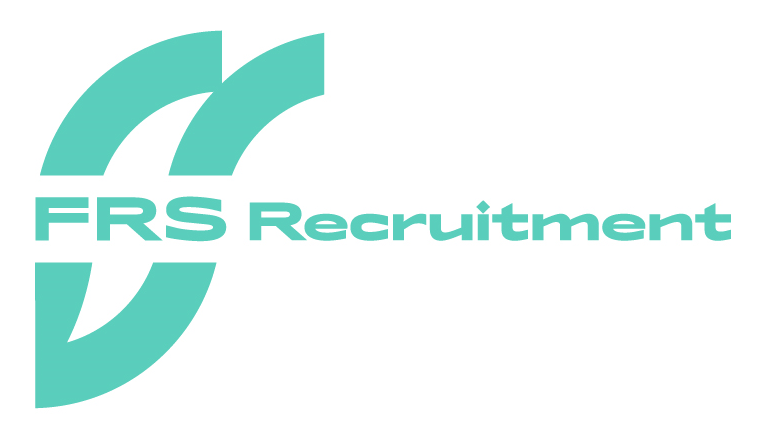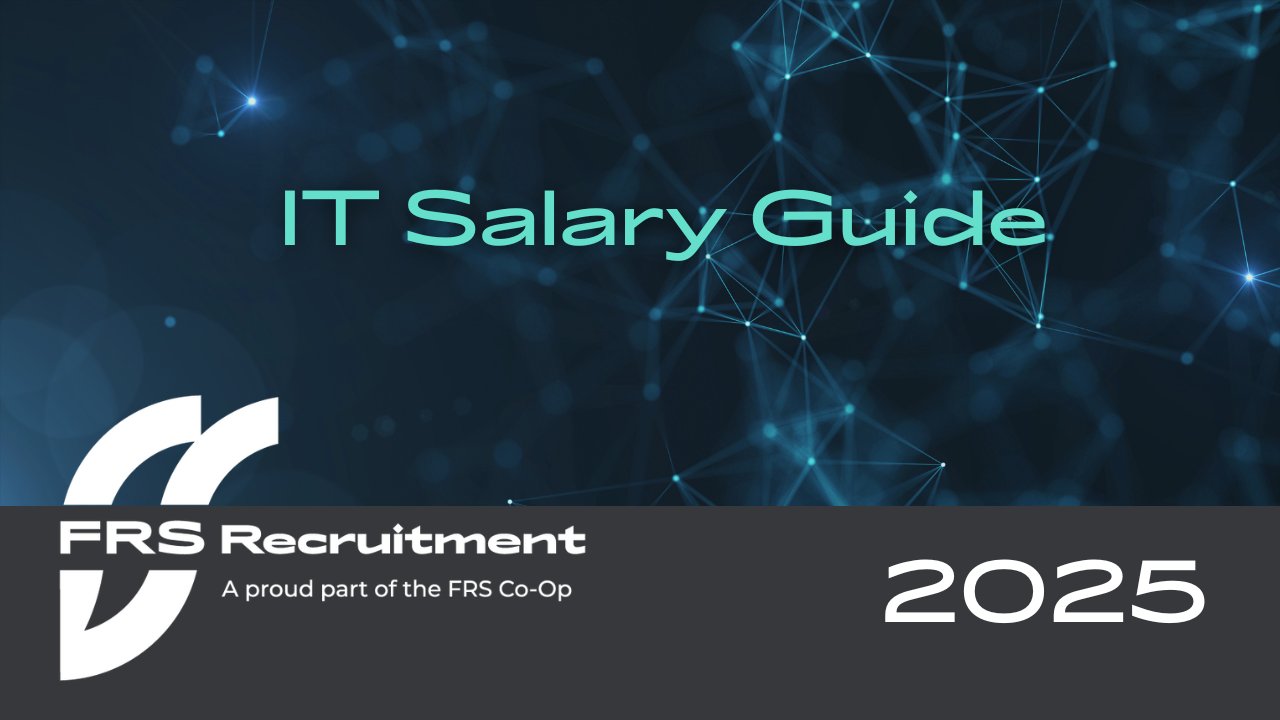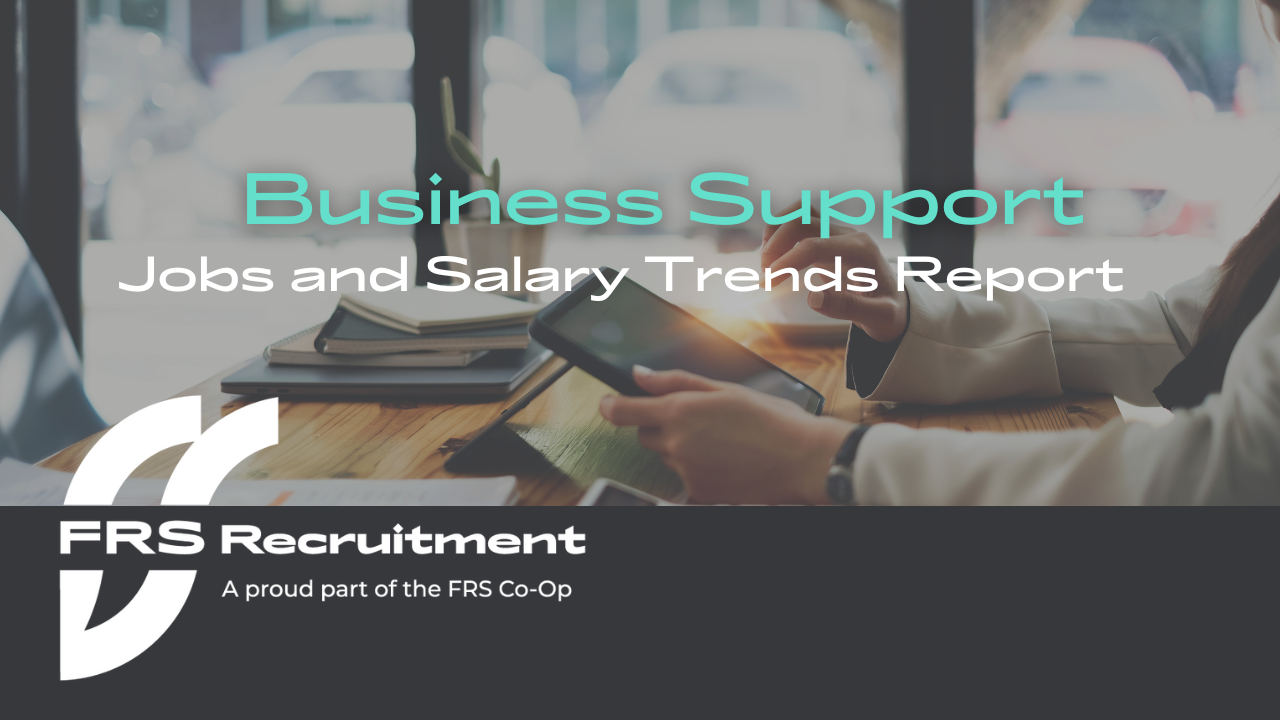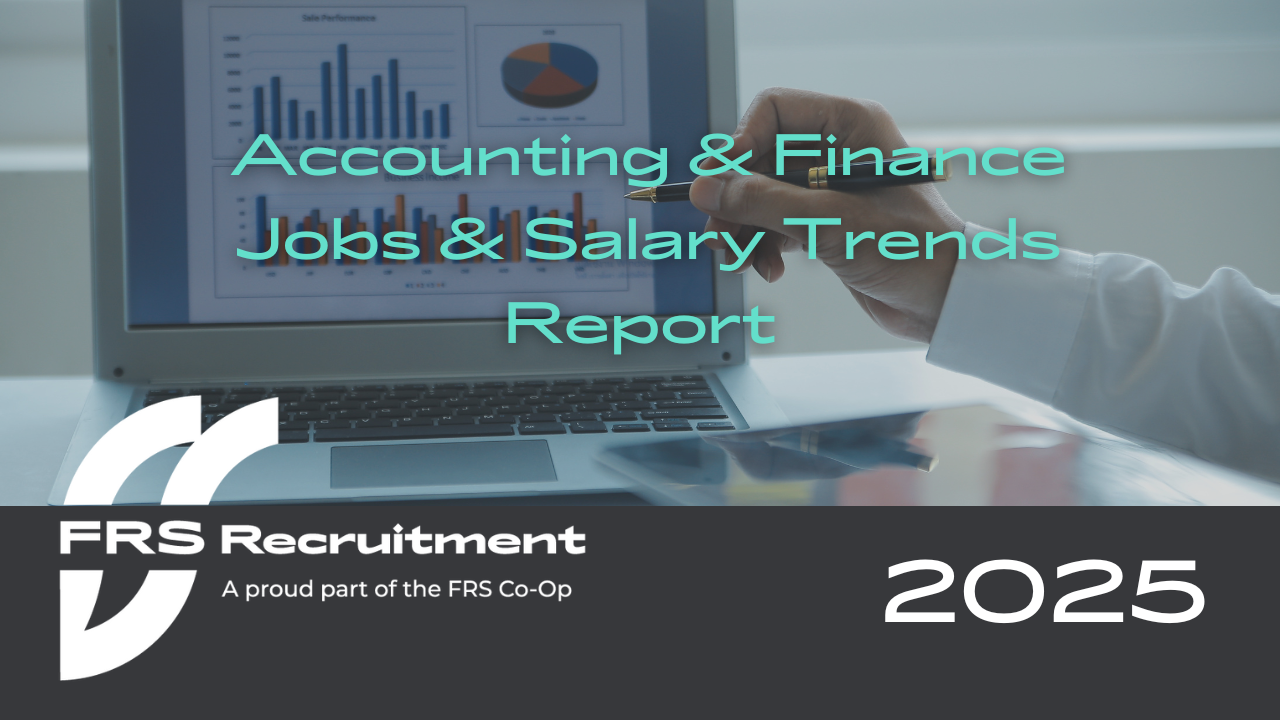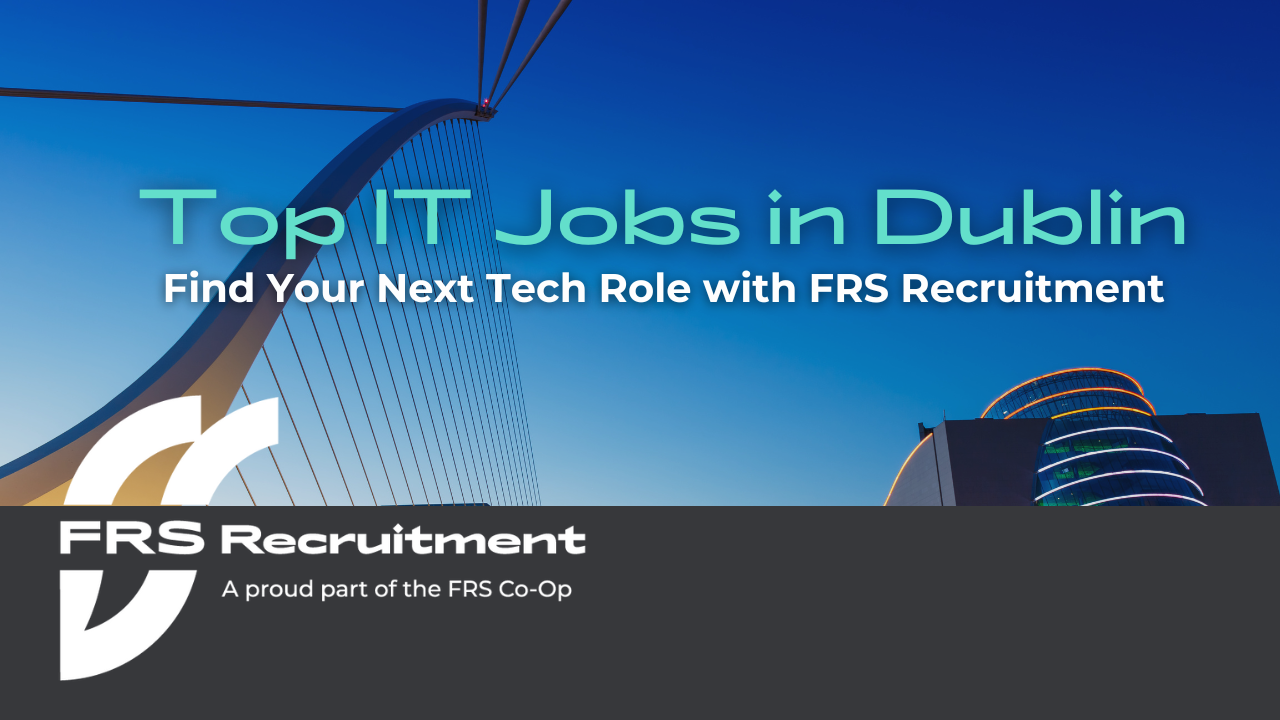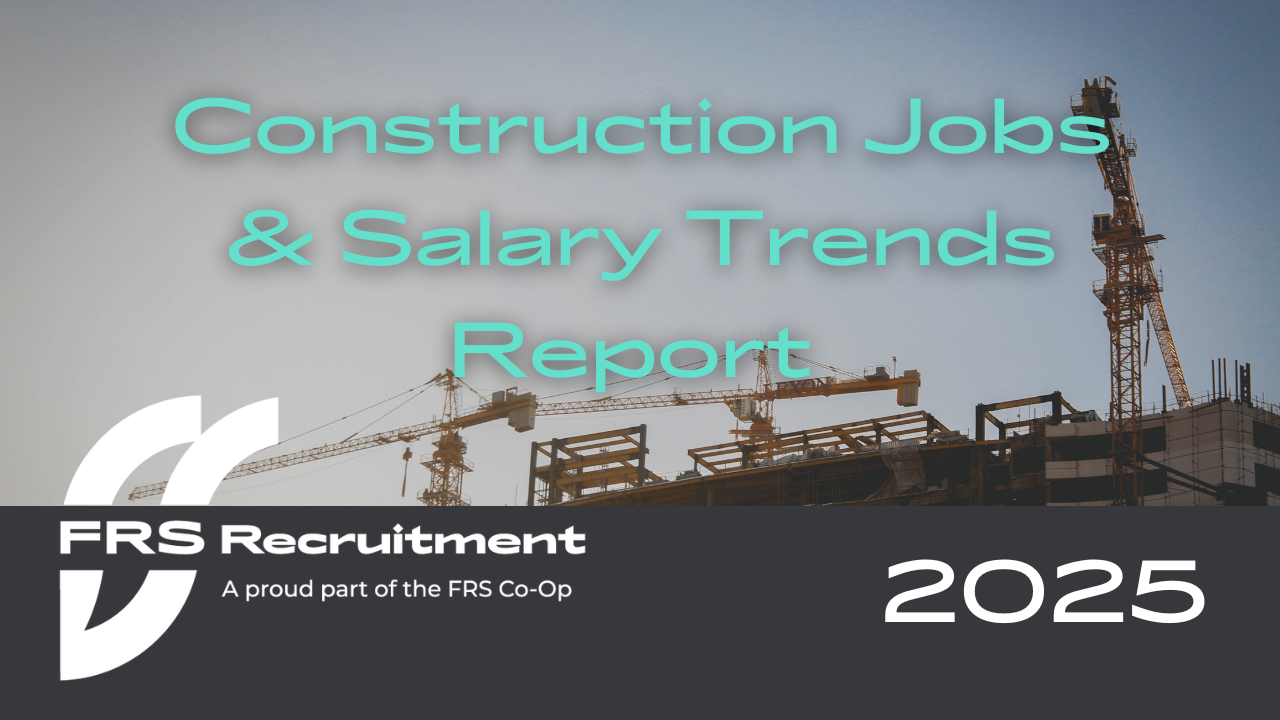The Rise of AI in Interviews
A Trend with Hidden Risks
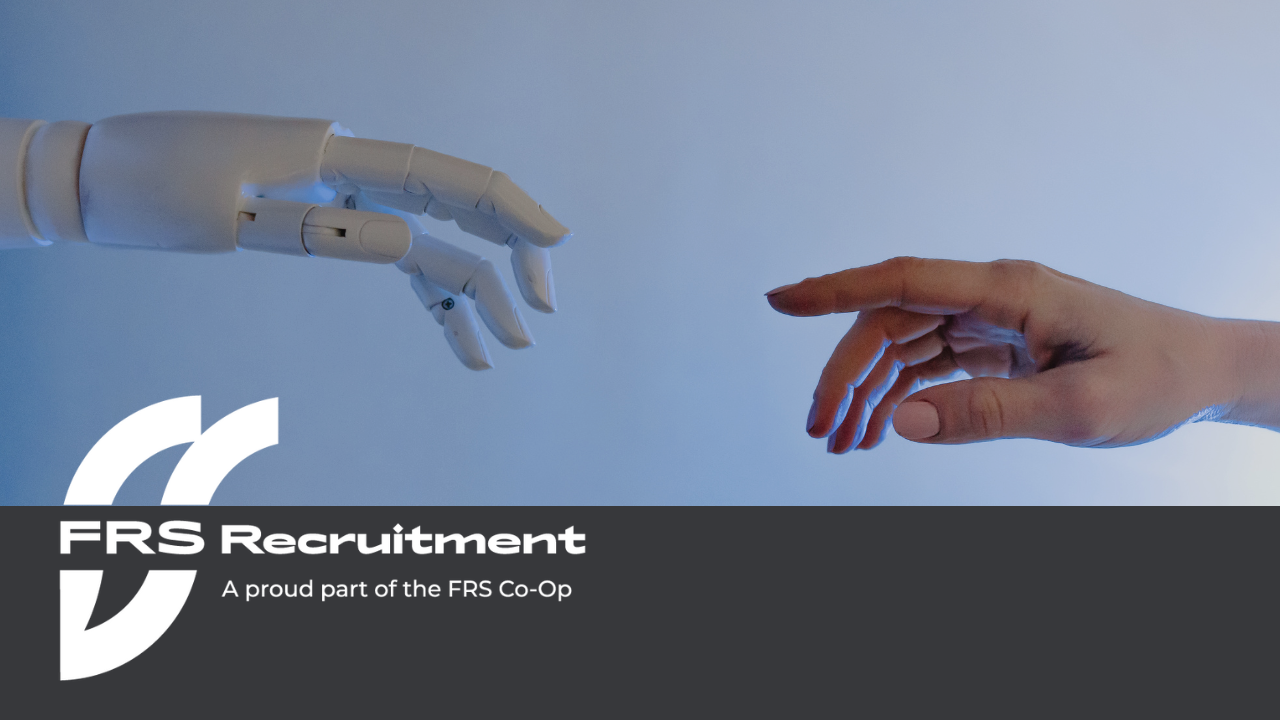
In the fast-evolving IT sector, Artificial Intelligence (AI) has made significant strides in transforming how we work, live, and even communicate. However, a recent trend has surfaced that is raising eyebrows among recruiters: candidates using AI tools, such as speech-to-text software and language models like ChatGPT, during online interviews to help them give polished, articulate responses. While this might seem like a clever use of technology, it brings a host of ethical and practical concerns to the forefront.
At FRS Recruitment, we’ve encountered situations where candidates used AI during interviews. Tools like browser plugins for speech-to-text transcription or apps that listen to the conversation and provide text-based responses are being utilized. Additionally, emerging technologies such as voice modulation, lip-syncing, and augmented reality (AR) glasses might soon follow. Although we haven't seen these in use yet, the growing sophistication of AI in interviews is worrying.
Detecting AI Usage: What Are the Signs?
Some tell-tale signals of AI involvement have surfaced from our own interview experiences:
- Noticeable delays: Candidates consistently taking over five seconds to respond, often filling the silence with "ahhs" or "uhmms," suggest they might be waiting for AI-generated answers.
- Averted gaze: It's common to see candidates’ eyes wander off-screen as they appear to read something—perhaps the AI-generated response.
- Perfectly concise answers: While concise answers are generally positive, they can feel “too perfect” or lack authenticity, raising suspicions.
- Lag in follow-up answers: Simple follow-up questions also cause the same 5+ second delay, hinting that the candidate may be relying on external support.
- Highly specific technical knowledge: Candidates effortlessly answering obscure technical questions that one wouldn't expect them to know off-hand is another red flag.
- Keystroke sounds: The subtle sound of a keyboard being used, potentially signalling the candidate instructing an AI to generate the next response.
While AI can help augment certain tasks, an interview should be an honest exchange between the candidate and the employer. Relying on AI during this crucial process not only disrupts the authenticity of that exchange but also breaks the trust we aim to build with candidates.
AI in Interviews: Escalating Concerns for Employers
Some clients have reported unusual interview experiences that point to AI involvement. One client shared that two candidates appeared to lip-sync their answers, with a lag reminiscent of a poorly dubbed movie. Another described a technical interview where the candidate seemed to be reading responses from a second screen, raising suspicions about the use of AI to answer complex questions.
These instances demonstrate the growing challenge for employers. As online interviews have become the norm through platforms like Teams and Zoom, candidates are finding ways to exploit technology to mask their true abilities. One candidate, who struggled with weak Wi-Fi and claimed they couldn’t turn on their video, caused their interview to be terminated because the client refused to continue under such circumstances.
The rise of AI in interviews also undermines the very purpose of the interview process: ensuring the candidate is the right fit for the role. If a candidate uses AI to secure a job they are not qualified for, it creates a dangerous situation for both the individual and the company. What happens when they are required to do the work themselves without AI assistance? "Fake it till you make it" may not apply when technical expertise is crucial.
Authenticity Matters: Why Being Yourself Is Key
The use of AI to augment your answers may seem like a shortcut to success, but it often does more harm than good. An interview is not just about impressing the employer—it’s also your opportunity to assess whether the company is the right fit for you. Being your authentic self during an interview allows for an honest exchange where both sides can evaluate each other.
By being genuine, you can:
- Establish trust: Employers want to know the real you—not a version assisted by AI. They’re looking for someone who can collaborate, solve problems, and bring value to the team.
- Gauge cultural fit: Interviews are a two-way street. You need to determine if the company’s values align with your own. If you’re pretending to be someone you’re not, it becomes impossible to see if the work environment is a good match for you.
- Avoid future pitfalls: If you land a role by using AI in an interview, you may face significant challenges when it comes time to perform tasks you aren't equipped to handle. This can lead to stress, frustration, and ultimately, failure in the role.
At FRS Recruitment, we believe that AI has its place in the workplace, but it should be used responsibly. We encourage candidates to leverage AI as a tool, but not as a substitute for the knowledge and skills they bring to the table. If you’re relying on AI to land a job that you’re not qualified for, you’re setting yourself—and the company—up for failure.
What Can Employers Do?
Given the growing reliance on video interviews, how can employers protect against AI misuse? One way is by reintroducing in-person interviews at later stages, which makes it far more difficult to use AI or other tricks to cover up gaps in knowledge or skills. In face-to-face interviews, authenticity shines through, and candidates are less likely to misrepresent themselves.
Ultimately, the interview process should foster mutual trust, transparency, and the beginning of a positive working relationship. Using AI to pass an interview breaks that trust, and while the convenience of online interviews may be tempting, employers should consider blending virtual and in-person methods to ensure they are getting an honest read on their candidates.
Conclusion
As the line between human interaction and AI-assisted responses blurs, it’s important for both candidates and employers to remain vigilant. Candidates should resist the temptation to use AI to artificially enhance their interview performance. By being authentic and transparent, they can find the right role that aligns with their skills and values. Employers, on the other hand, must adapt to these new challenges by fostering interview environments that prioritize genuine interaction and trust.
At the end of the day, success comes from your abilities, experience, and personality—not from what AI can conjure up on your behalf.
